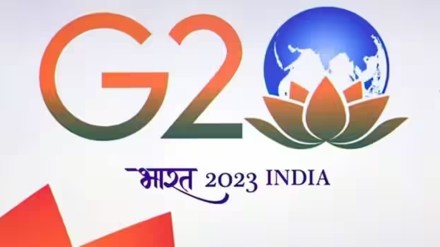Parliament chiefs of G20 countries will gather next week in India to discuss how the legislative bodies could contribute to acceleration of sustainable development goals (SDGs), sustainable energy transition and transformation of lives of people through digital public infrastructure (DPI), Lok Sabha Speaker Om Birla said on Friday.
The Parliament 20 or P20 will be inaugurated by Prime Minister Narendra Modi on October 13. The two-day Summit will conclude on October 14 with a joint statement urging G20 governments to address major global challenges based on equality, inclusivity and peace, Birla said.
Among other issues, P20 will also discuss women-led development. The presiding officers of 26 countries and 10 deputy speakers, one Committee chairman and Inter-Parliamentary Union President have confirmed their participation in the P20 along with 50 members of Parliament and 14 Secretary Generals. The President of the Pan African Parliament will participate in the G20 event for the first time in India.
More than 350 delegates are expected to attend the three-day P20 Summit that will be held at the India International Convention and Expo Centre — Yashobhoomi — at Dwarka.
“The main theme of the 9th P20 is proposed to be ‘Parliaments for One Earth, One Family, One Future’,” Birla said.
A pre-summit event, namely Parliamentary Forum on Lifestyle for Environment (LiFE), will be held on October 12. An exhibition titled ‘Mother of Democracy’ will also be organised to highlight India’s ancient and participative democratic traditions, Birla said.
The P20 delegates will also be taken on a tour of the new Parliament house, followed by a cultural evening and dinner hosted by the speaker.
The G20 Leaders Summit on September 9-10 pledged to mobilise more resources for SDGs and energy transition for a better world with enhanced lending by multilateral development banks (MDBs). Capital Adequacy Reforms in MDBs would unlock $200 billion additional lending by MDBs over a decade.
An India G20 Presidency-appointed expert group has estimated an additional spending requirement of $3 trillion per year by 2030 to address urgent global challenges and sustainable development goals (SDGs). Of the $3 trillion annual requirement, $ 2 trillion could come from domestic resource mobilization while of the remaining $1 trillion, more than half could come from private financing, and the rest from official financing including MDBs.
